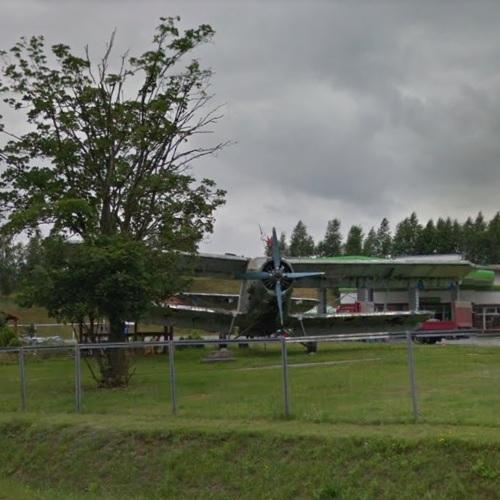

Their field artillery was decent but deficient in longer-range howitzers. They also lacked the depth of equipment available to the Germans. They were less well trained than the Germans, and their huge tangle of ethnicities and languages put them at a disadvantage in the field. In the event, the Russians did field more men at the outset than Germany on the border of East Prussia-485,000 versus 175,000-but an estimated half of them were illiterate peasants doing their obligatory military service.

One Russian officer called this “a strategic error of the first magnitude.” In peacetime it maintained an army of a million men, but given Russia’s vast size and its poor rail system, getting that number to the German front in 15 days was beyond the nation’s abilities. Russia had agreed in treaty negotiations to have 800,000 men ready to face the German army 15 days after war was declared. Each alliance had timetables for mobilization after any declaration of war. The Schlieffen Plan was based in part on treaty obligations: France and Russia were pledged to come to each other’s aid if war broke out, while Germany was aligned with the Austro-Hungarian Empire. The Slav national animal, they joked, was the louse. Germans had long believed that Slavs were inferior and did not deserve their land. Even then, it was looking for Lebensraum.

Also, Germany had designs on Russian territory in Poland. Once France was out of the way, the more serious business of defeating Russia could be pursued. It called for a quick victory over France-to be achieved by an attack through neutral Belgium that would outflank French fortifications on its German border-while conducting only a holding pattern in the east. As early as the 1880s the German General Staff under Helmuth von Moltke had developed a plan that, in the event of a two-front war-in the west against France (which had fortified its borders and built up its military after its loss to Prussia in 1871) and in the east against Russia (the war Germany feared most)-Germany would try first for a quick victory in the east, followed by a holding pattern that would allow it to concentrate on defeating the French.Ī plan formulated in 1905–1906 by a subsequent chief of the General Staff, Count Alfred von Schlieffen, reversed that order. In Russia’s humiliating loss to Japan in the early 1900s, Western military planners had been impressed with Japan’s unexpected strengths as well as Russia’s leadership problems. PLANNING FOR WAR, THE GERMANS did not see Russia as a serious threat. The win also might have strengthened the tsarist government enough that it could have controlled its internal turmoil through the war, with consequences for the world that are fascinating to imagine. A Russian victory would have made German gains in the west extremely difficult to sustain and would probably have shortened the war. If the Russians had won at Tannenberg, Germany would have been forced to devote much more of its resources to the east, for the farmlands of East Prussia are not that far from Berlin. That does not say it all, but it says a lot. To take just one small example, Russian soldiers who were there remembered their supplies coming up to the line in horse-drawn carts-and seeing German supplies arriving in long trains of motorized vehicles. Tannenberg was a battle of logistics, reconnaissance, communications, and weaponry as much as it was a battle among men. Coming at the war’s very beginning, in late August to early September 1914, it completed the long transformation of warfare into its thoroughly modern form, and it exposed the fatal weaknesses of the Russian army-that it could generate manpower but did not have the infrastructure to support it. Yet few of those battles by themselves had the kind of influence on the postwar world that the Battle of Tannenberg did. MOST WESTERN HISTORIES OF WORLD WAR I place the focus of their narratives on the Western Front, which has become a touchstone of bad leadership and futile slaughter. Obligated by treaties to declare war in August 1914, Russia was unprepared to attack, and in East Prussia its vast army soon proved no match for German intelligence, reconnaissance, and railways. Blind Bear at Bay: The Russians at Tannenberg | HistoryNet Close


 0 kommentar(er)
0 kommentar(er)
